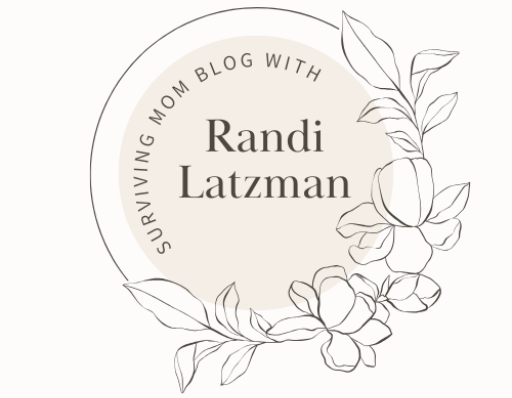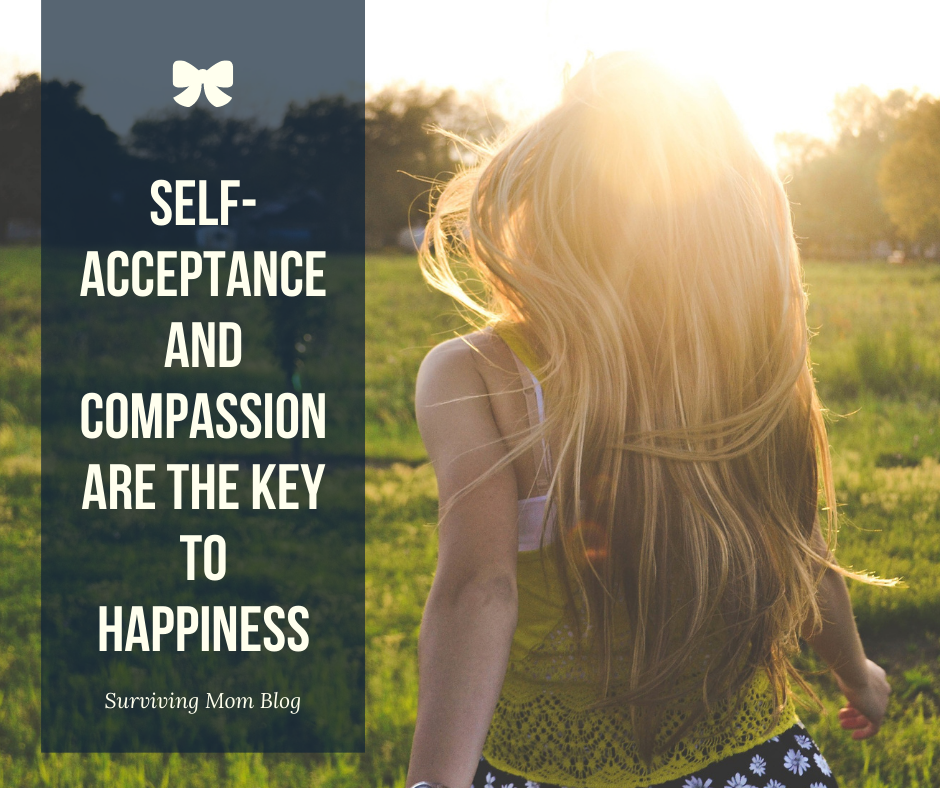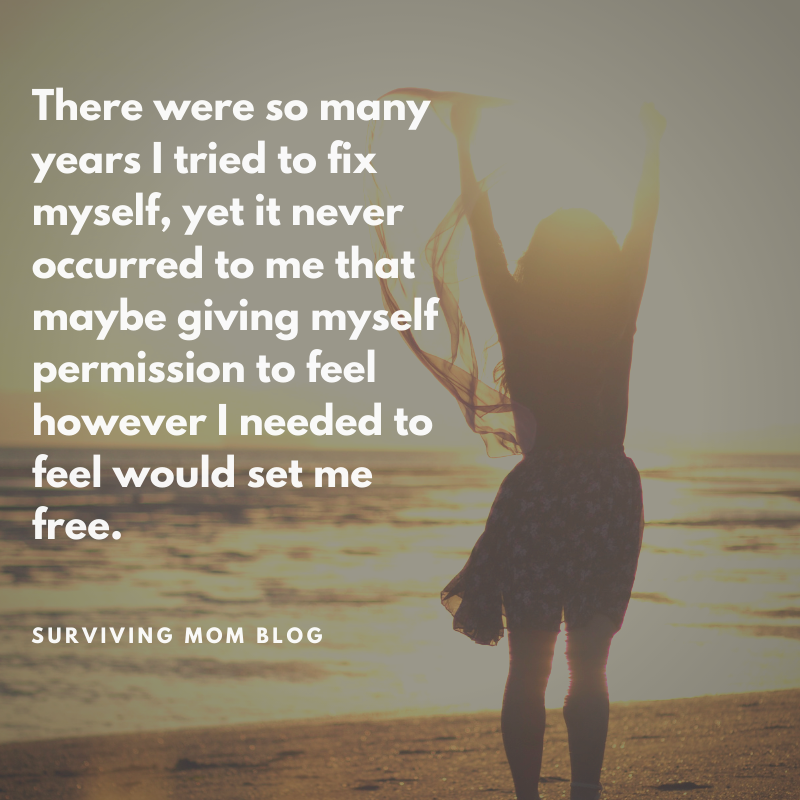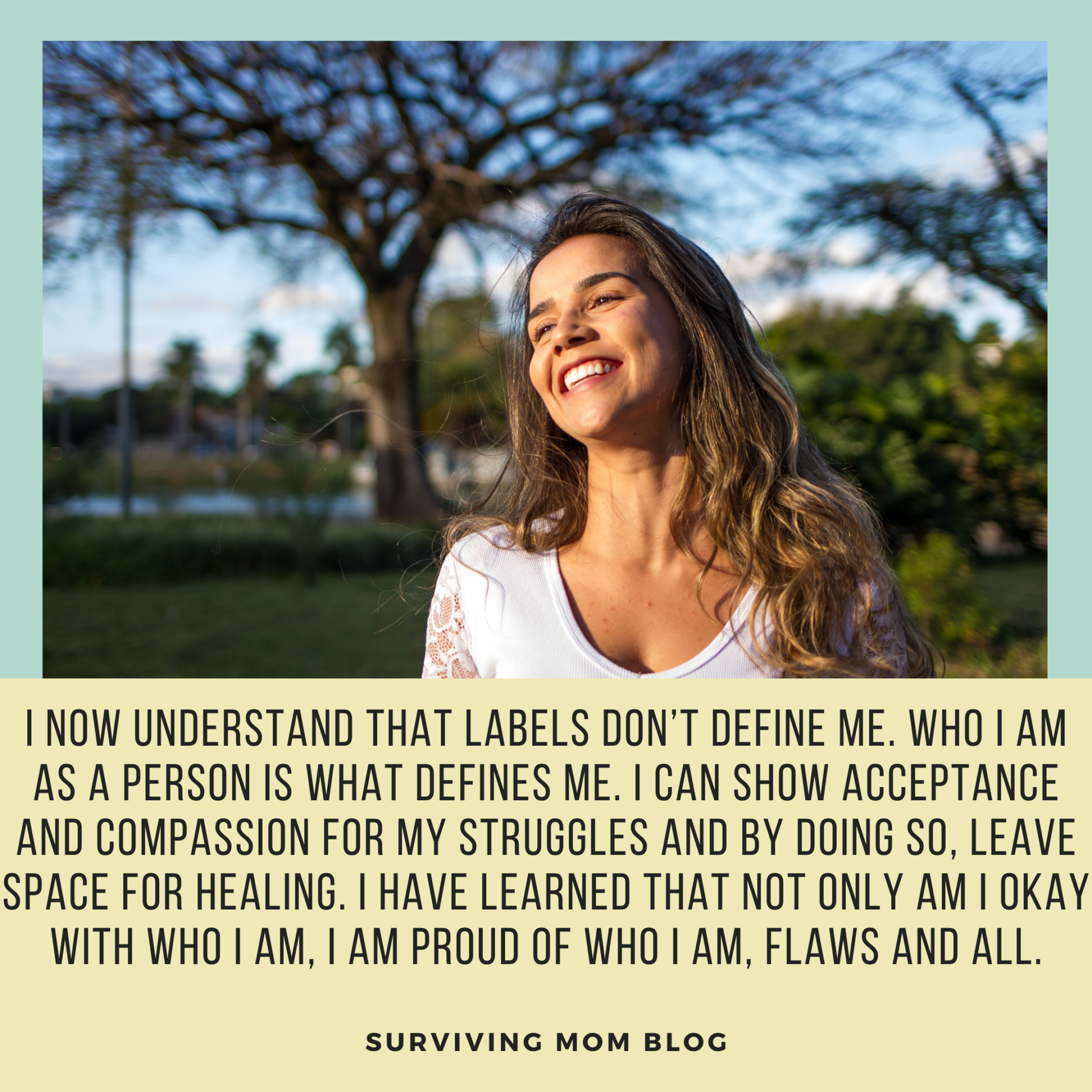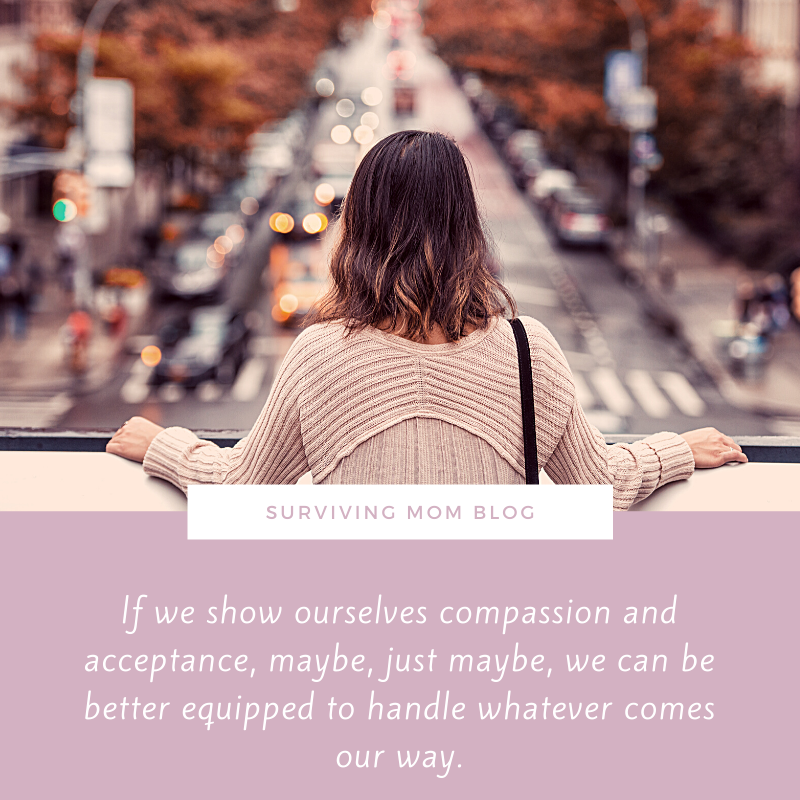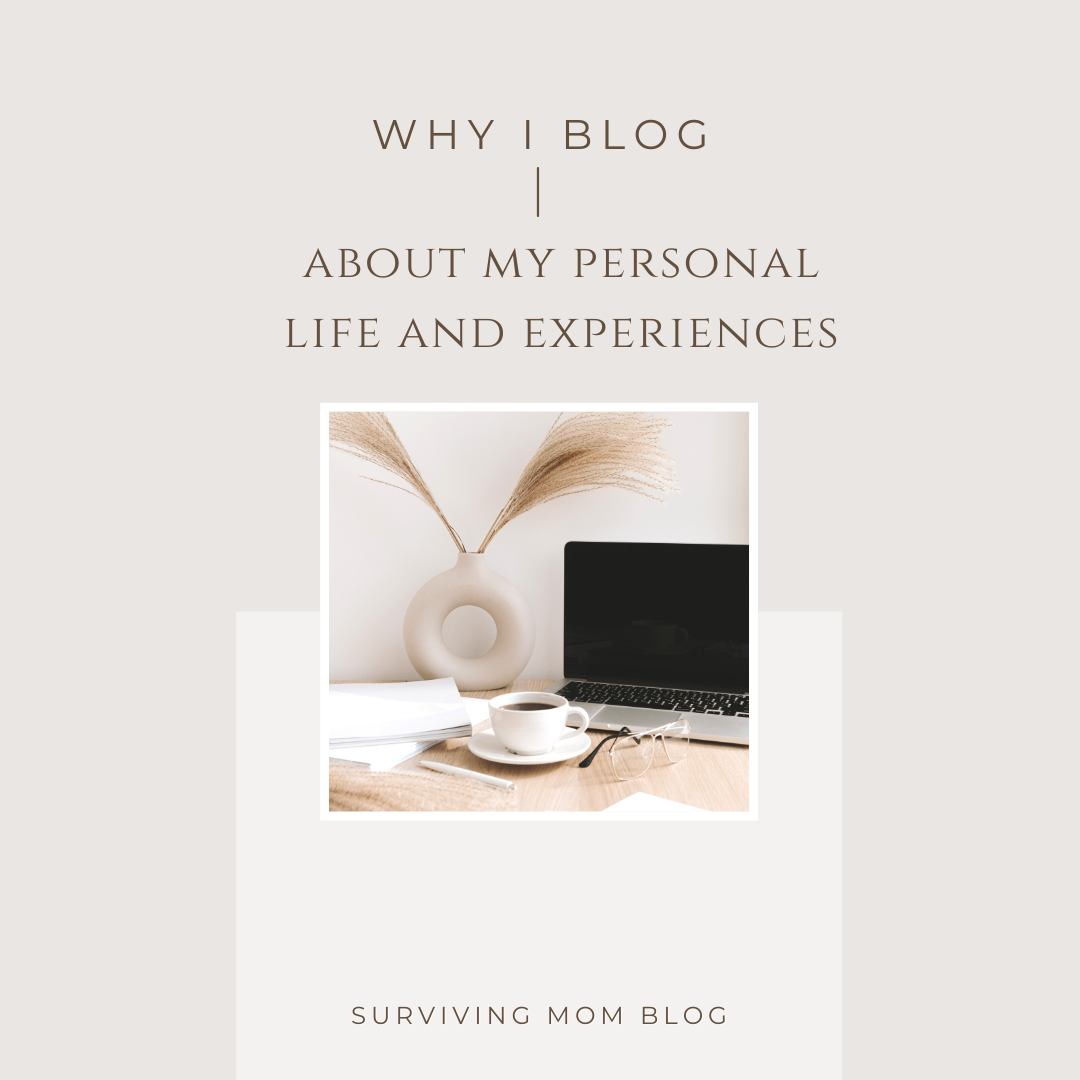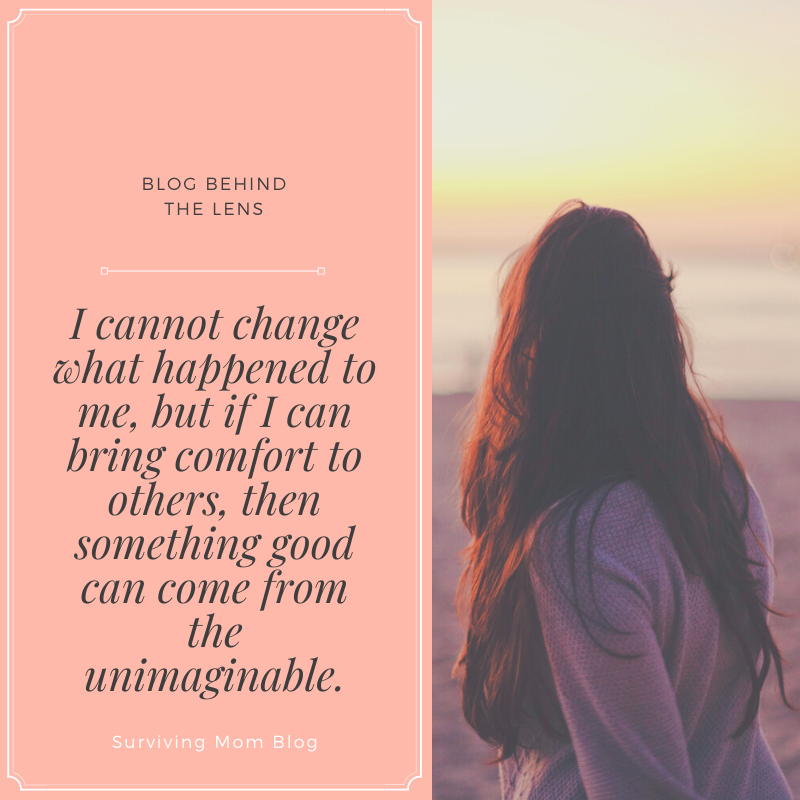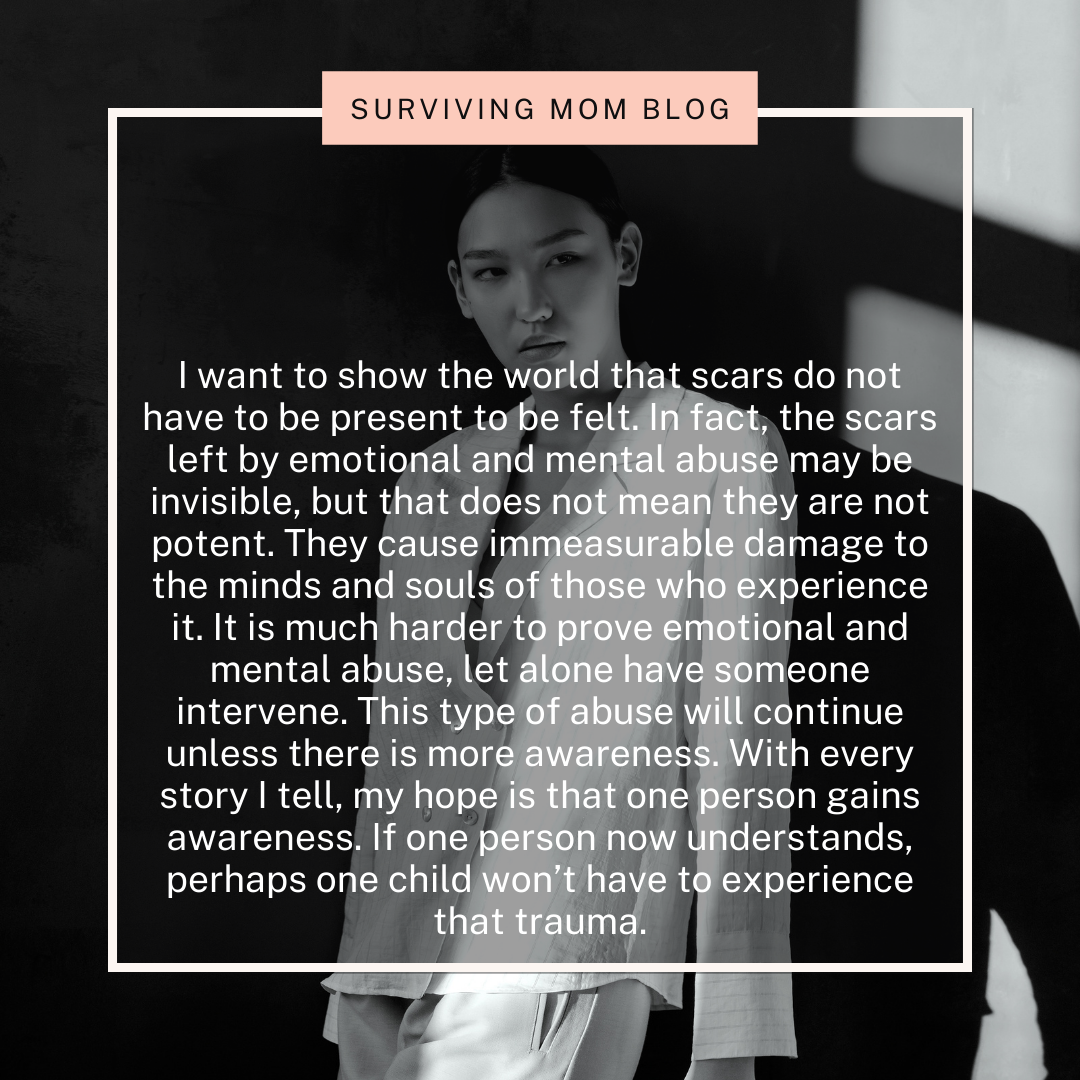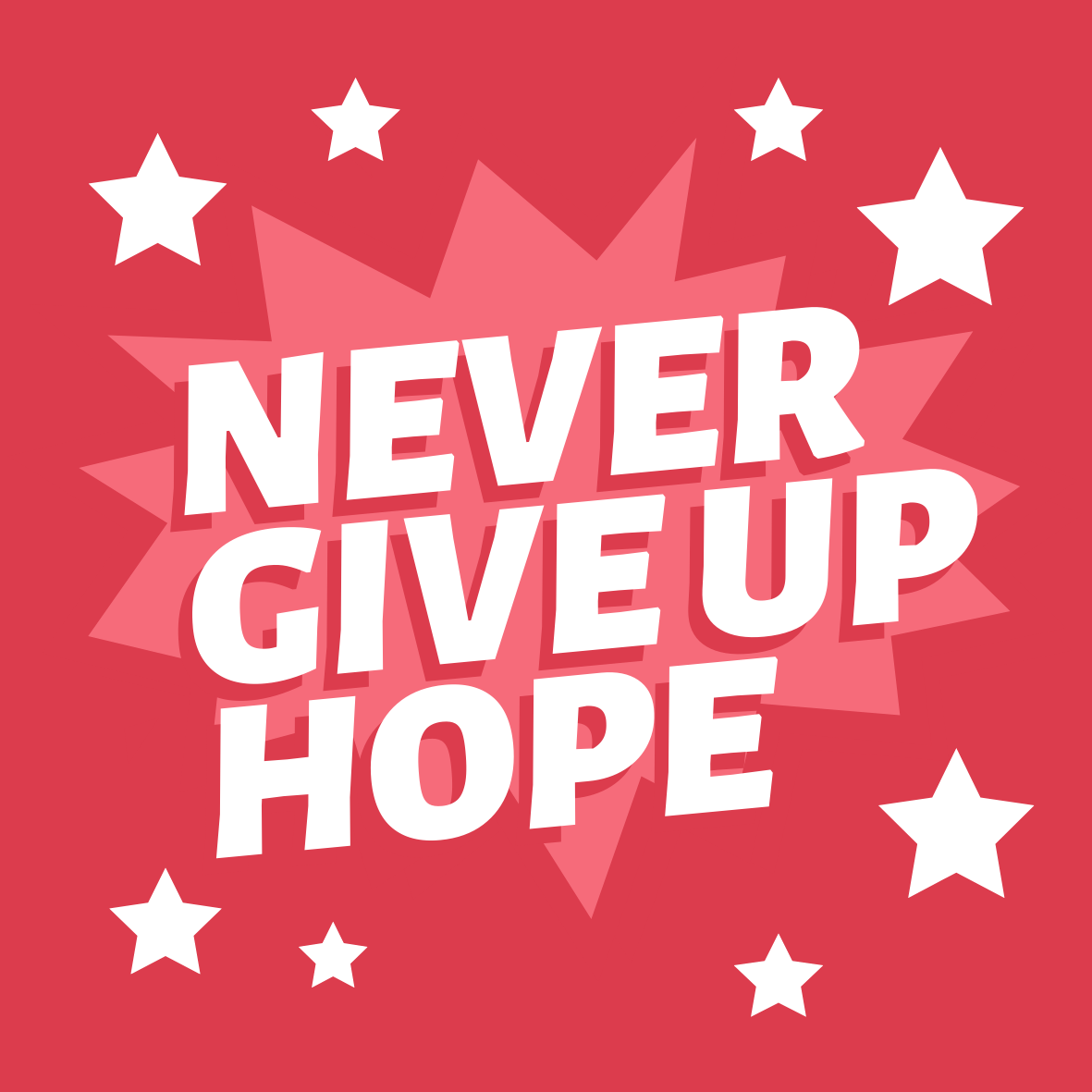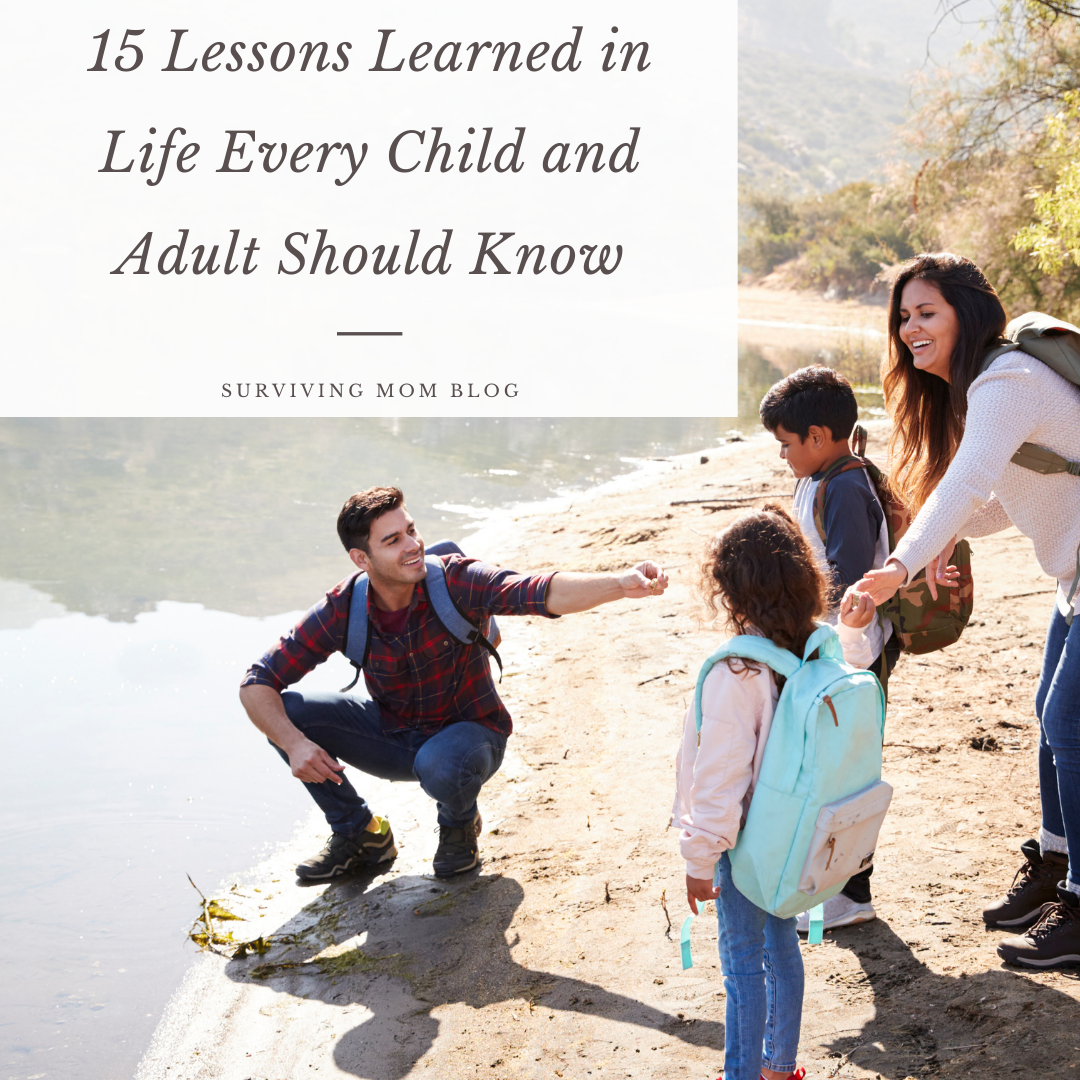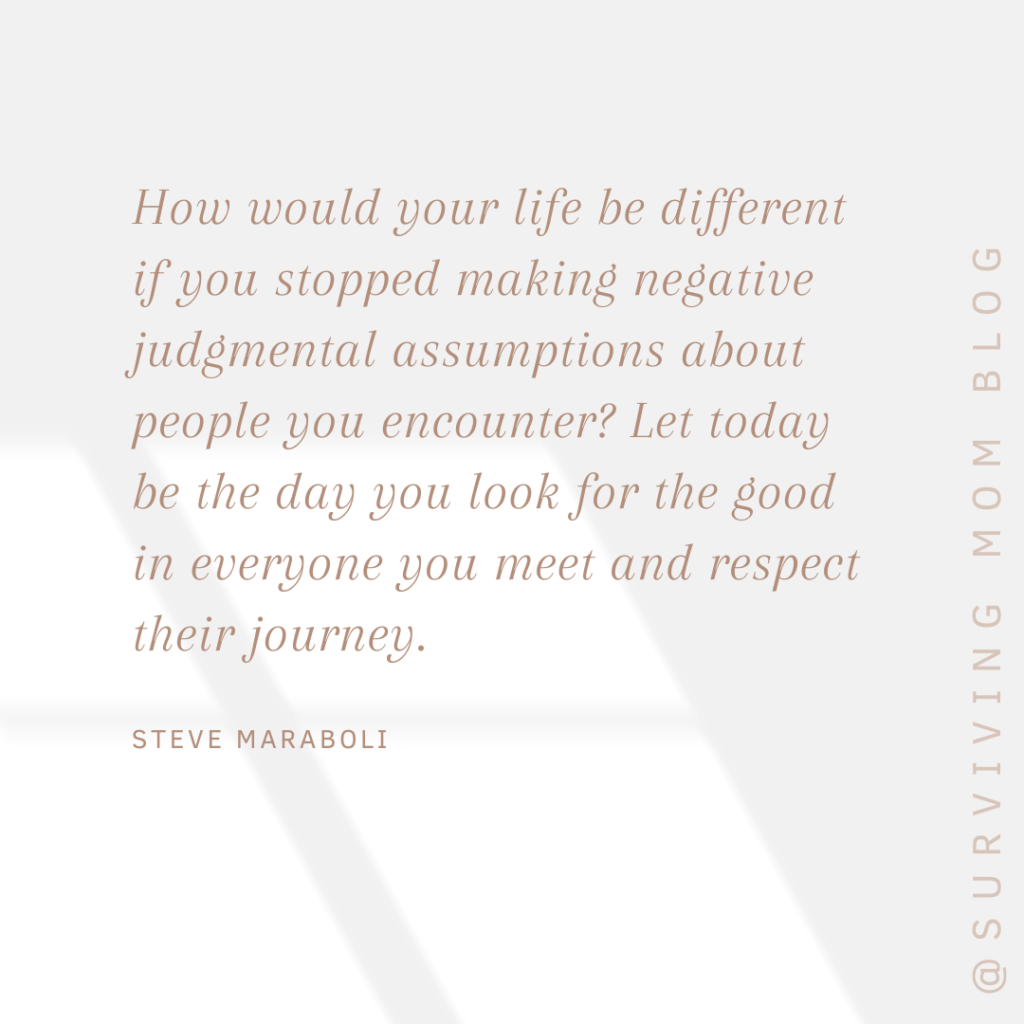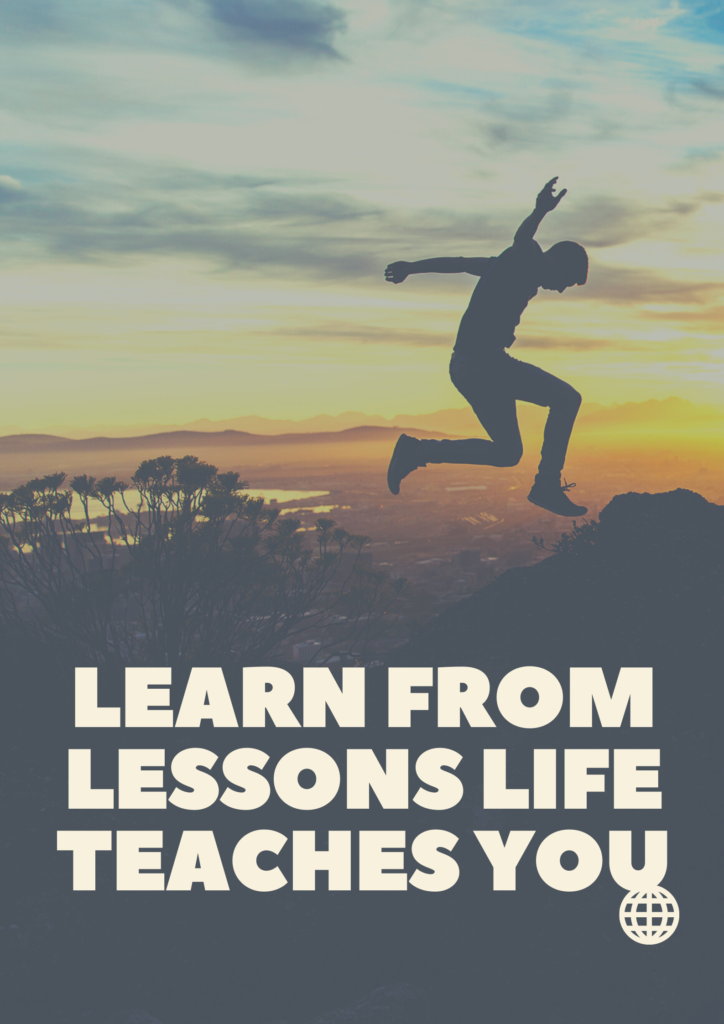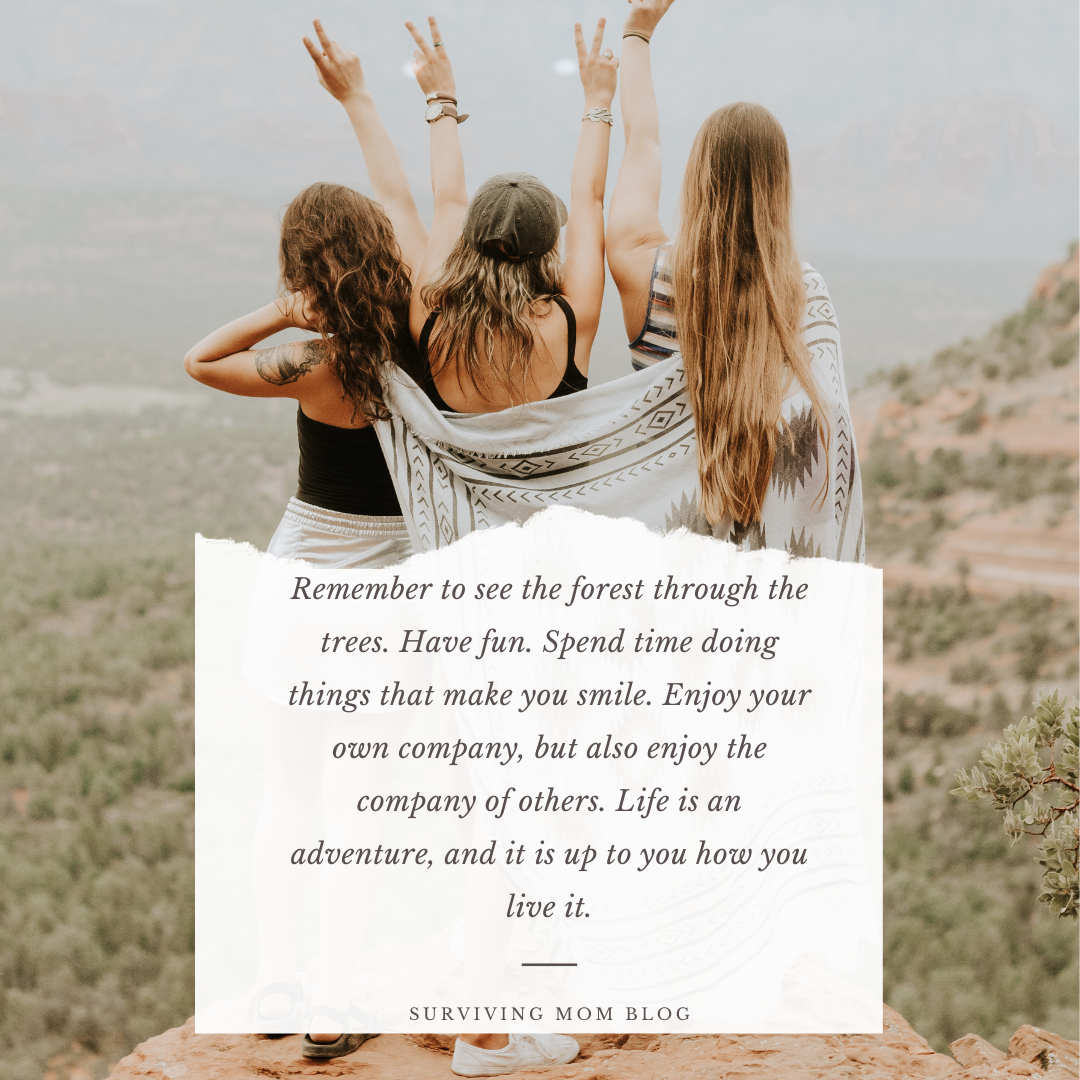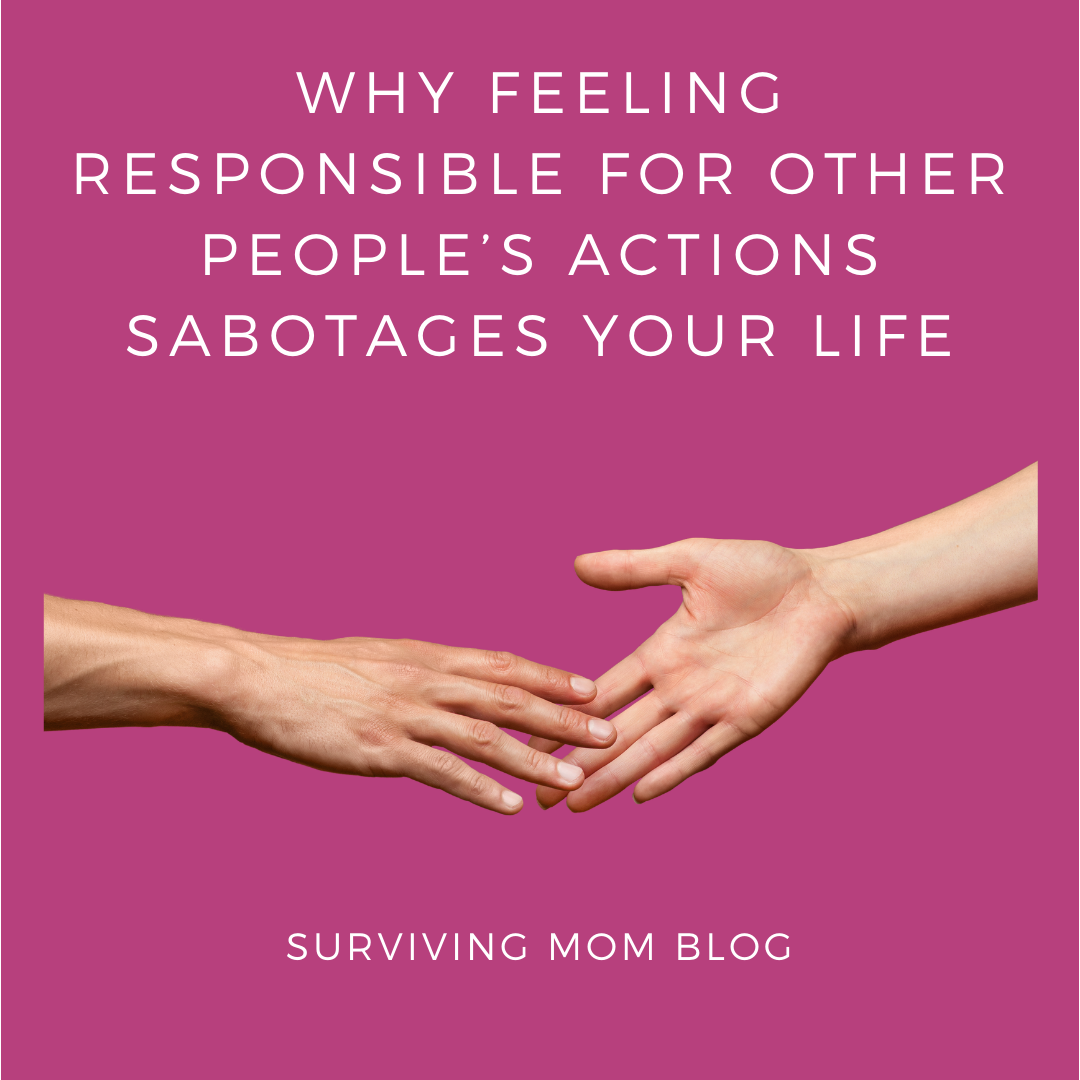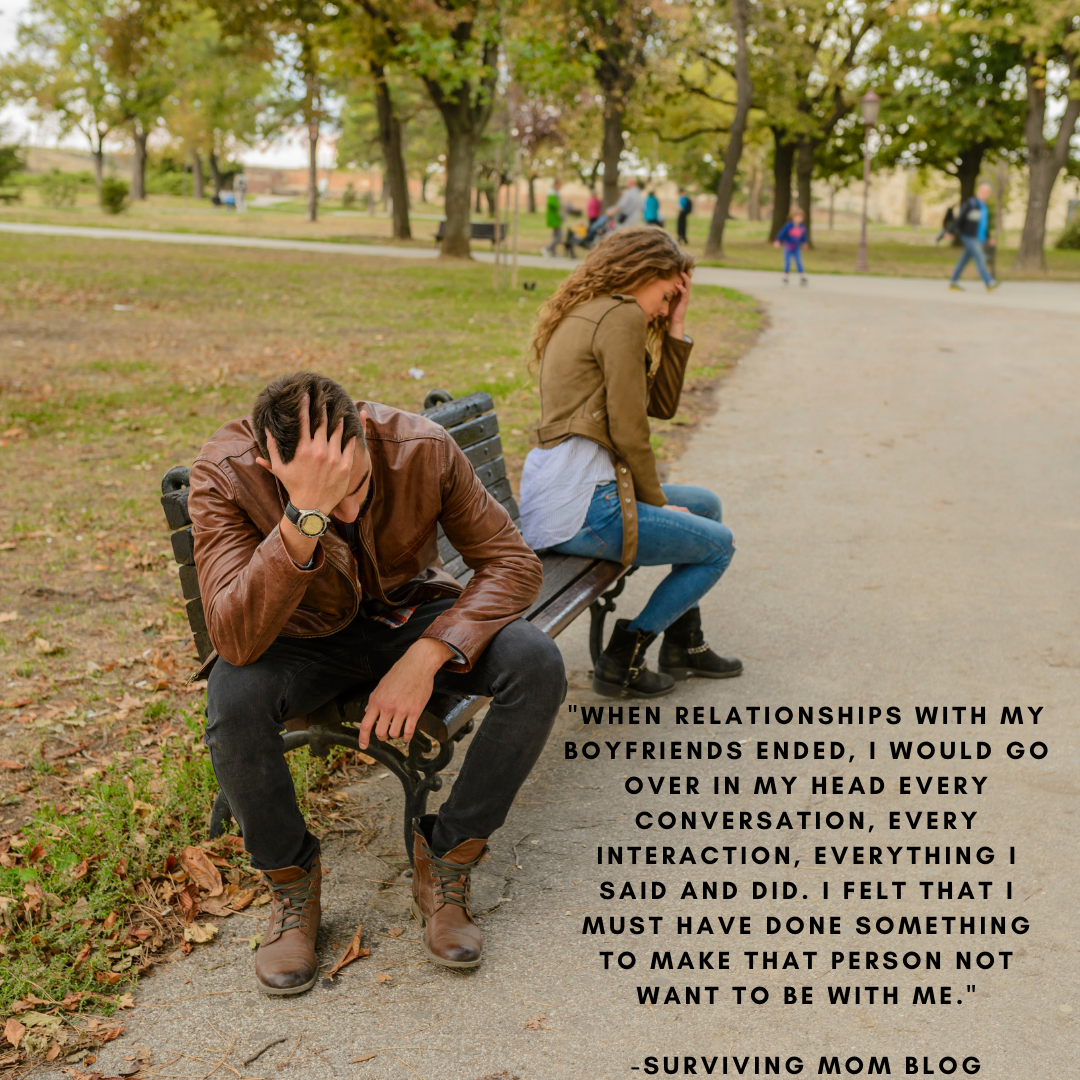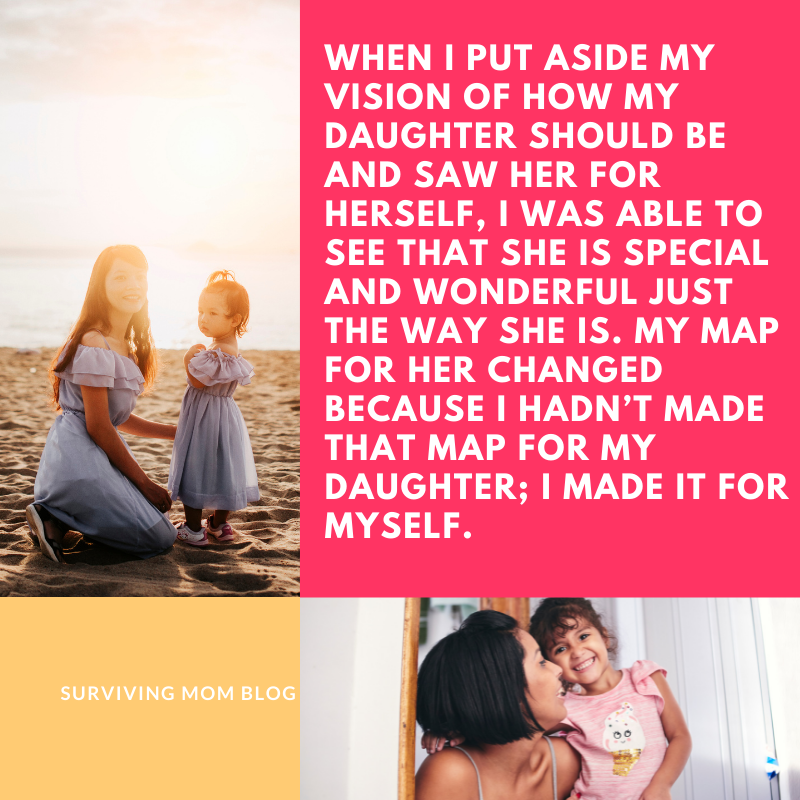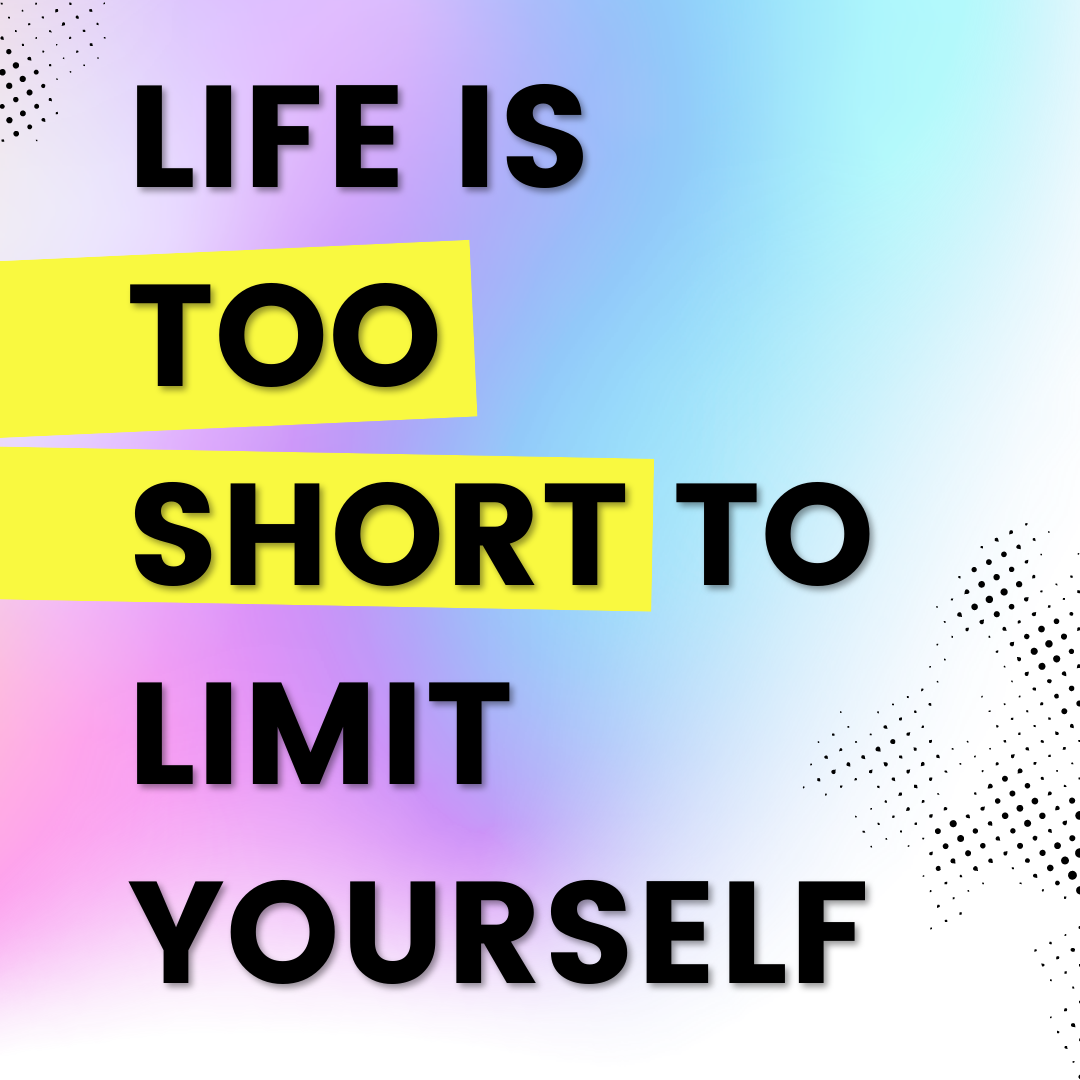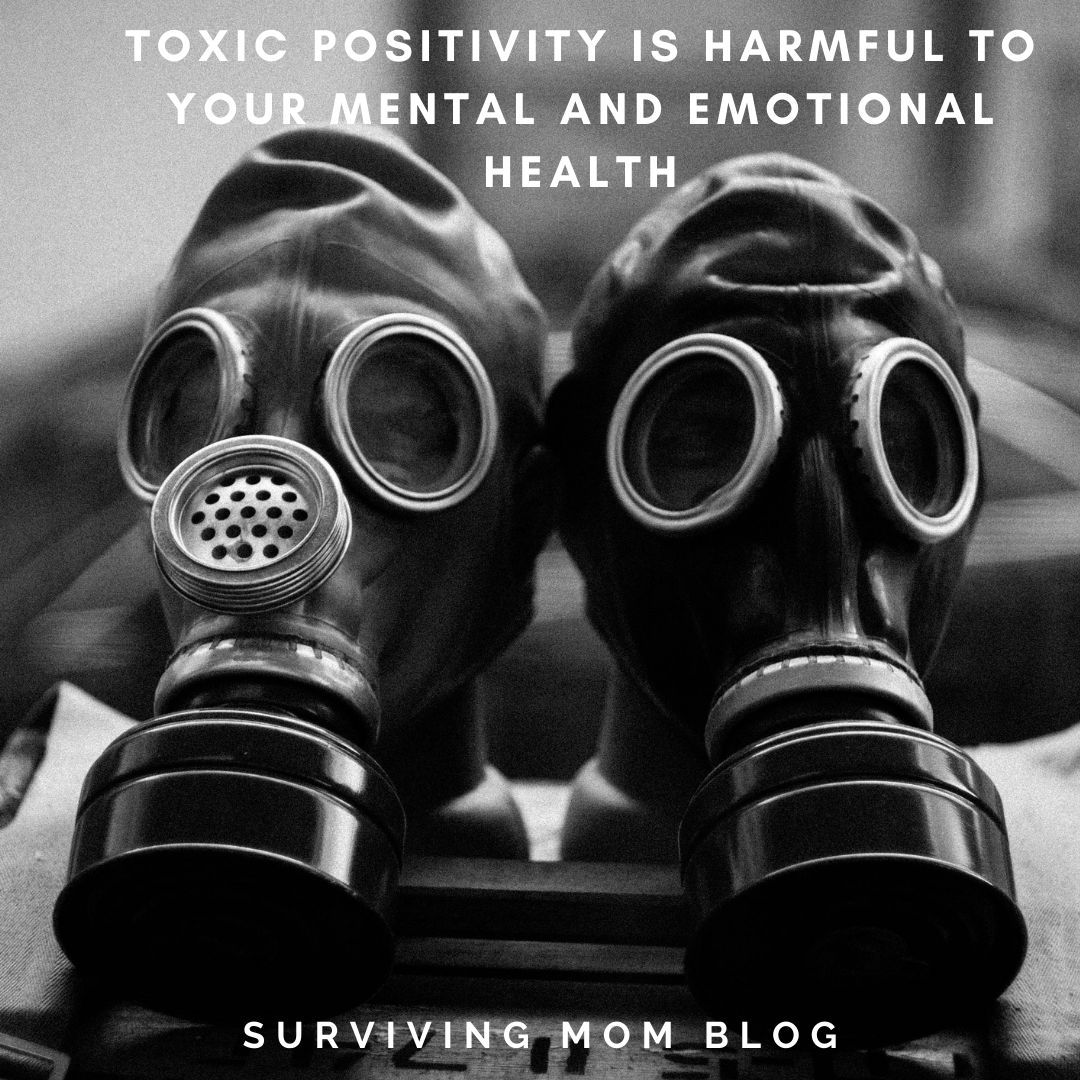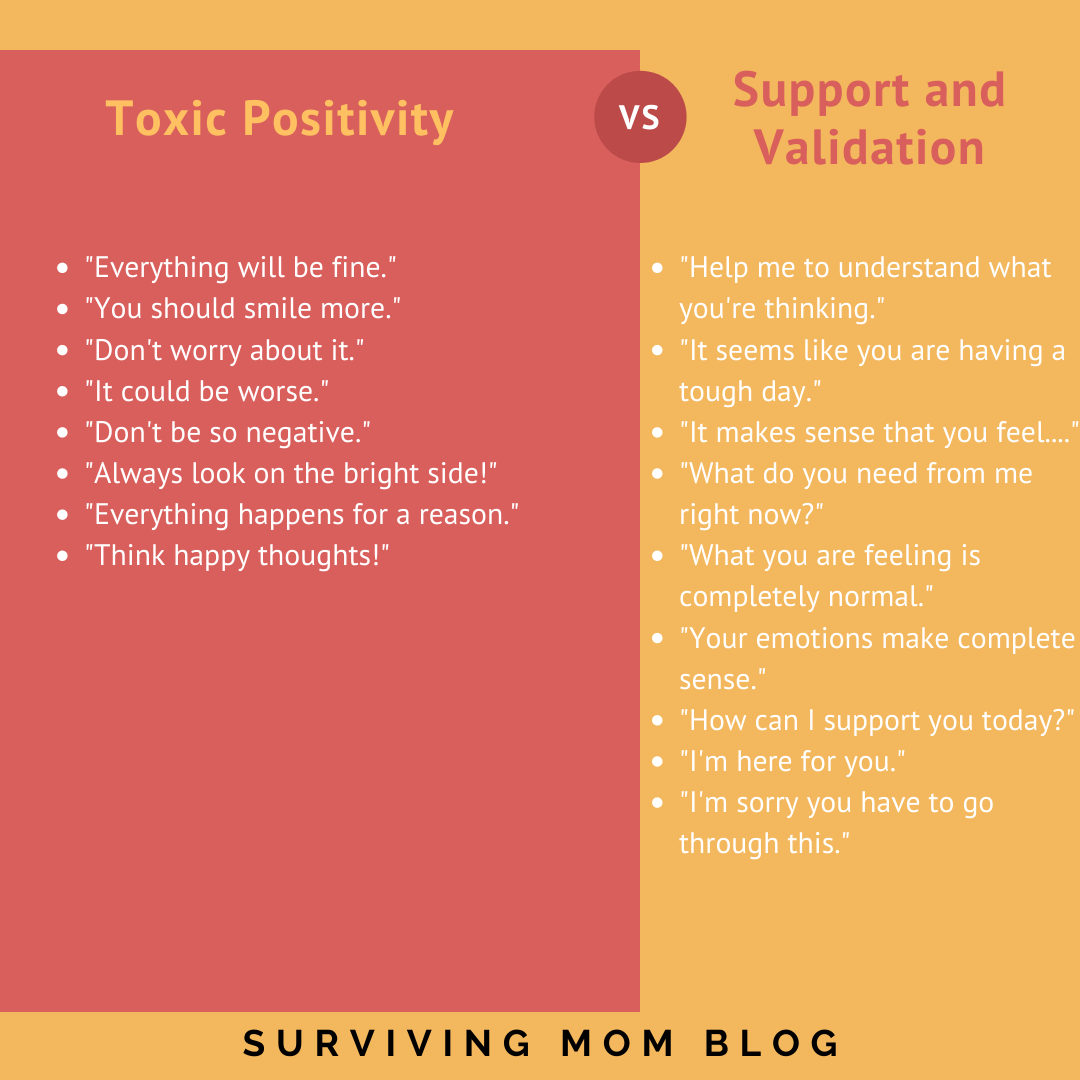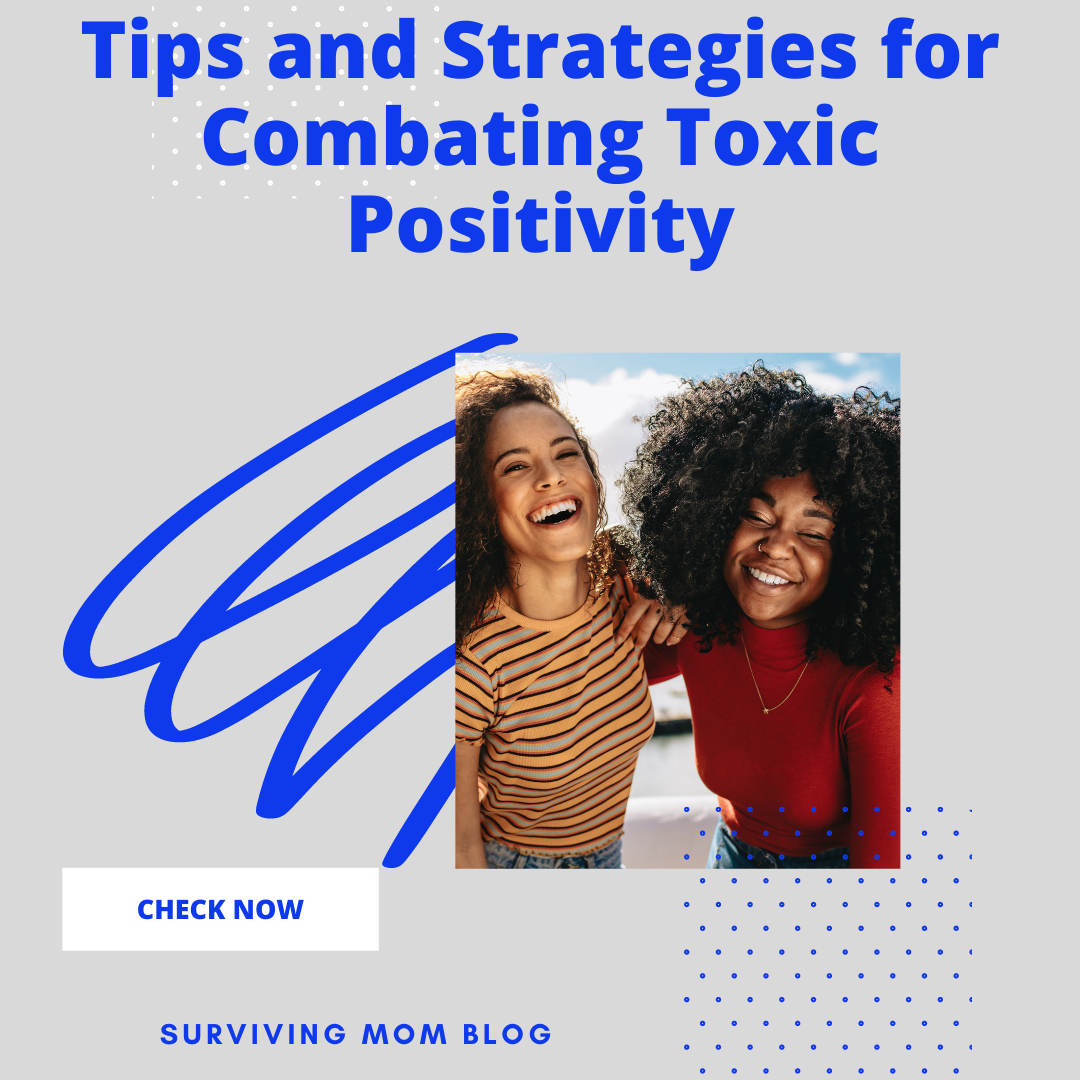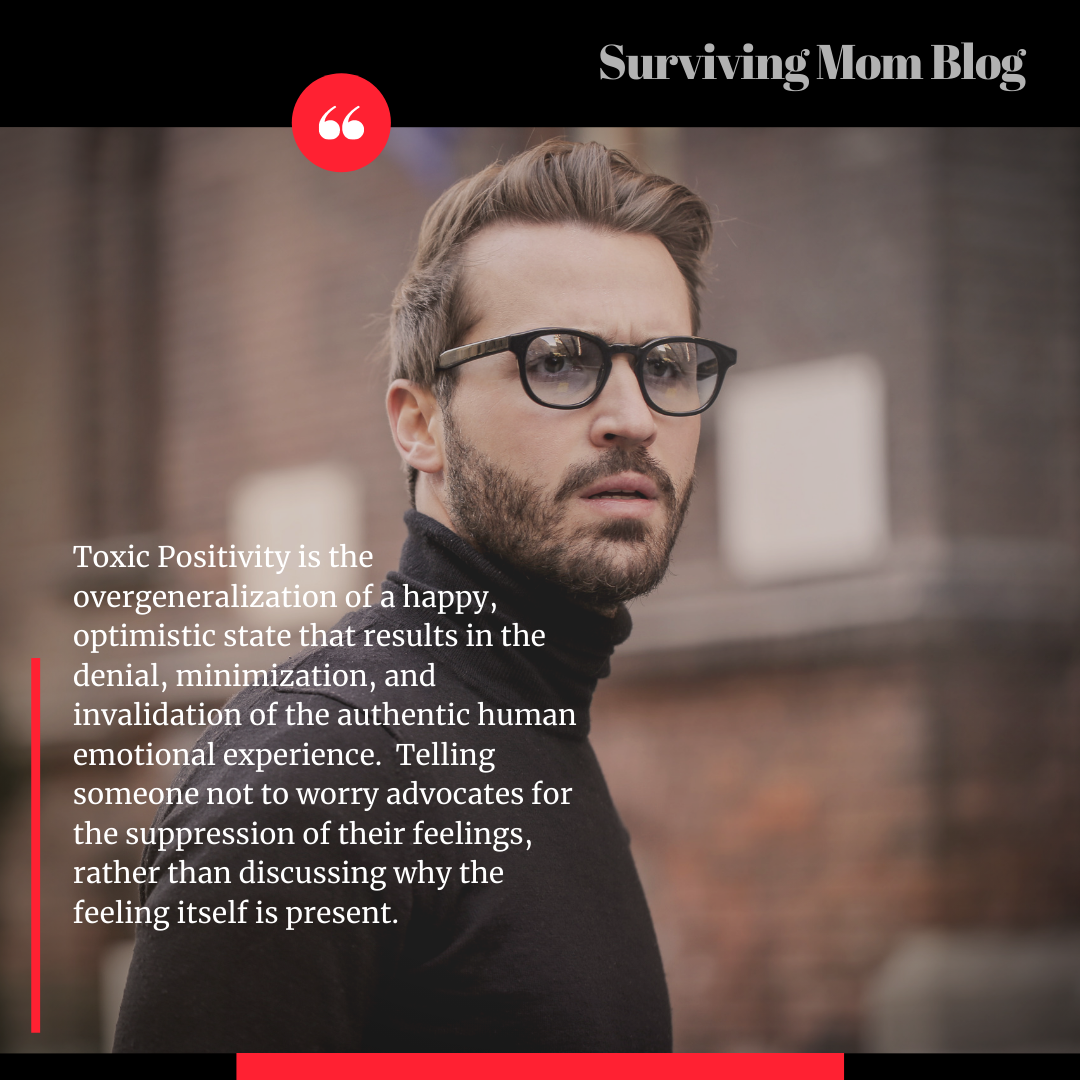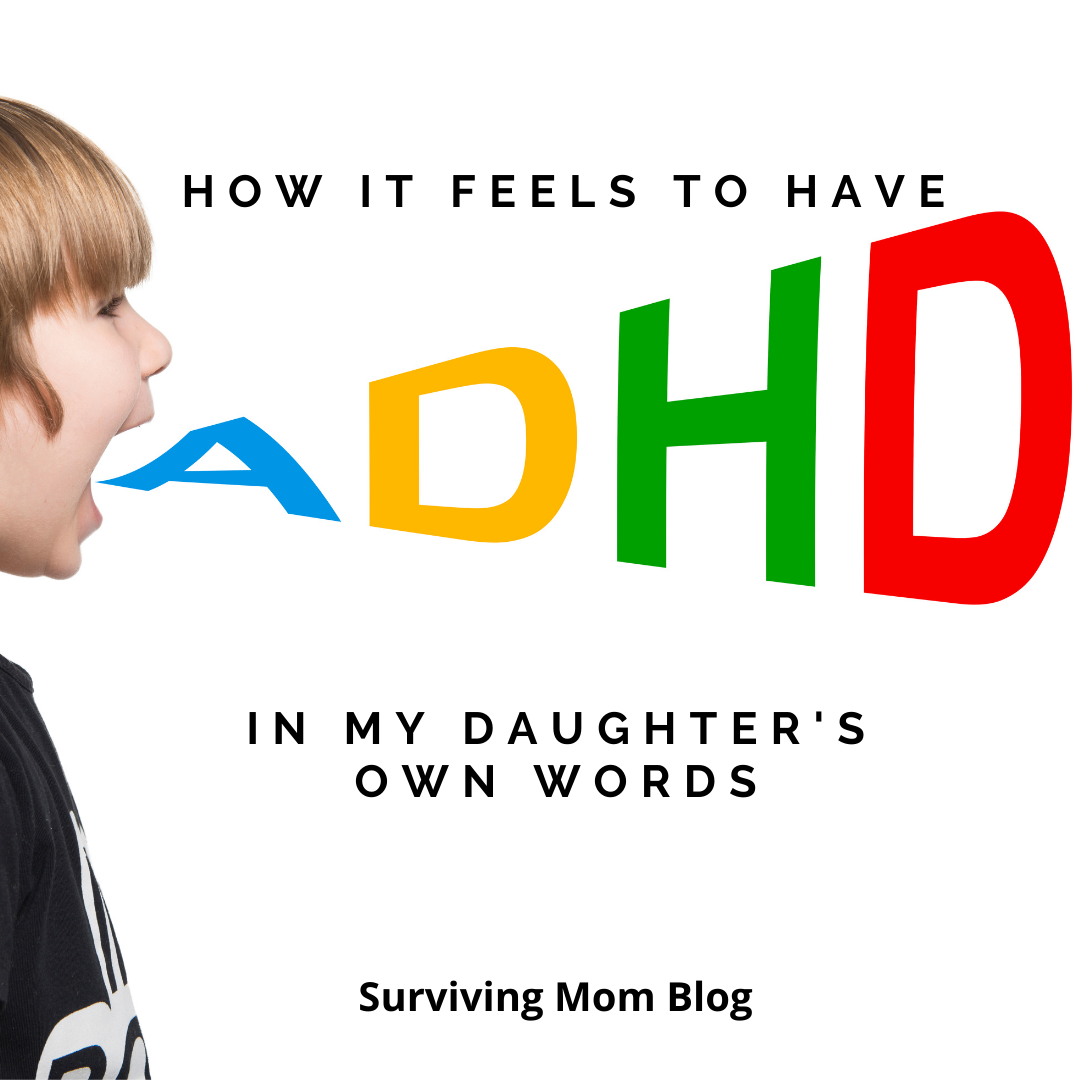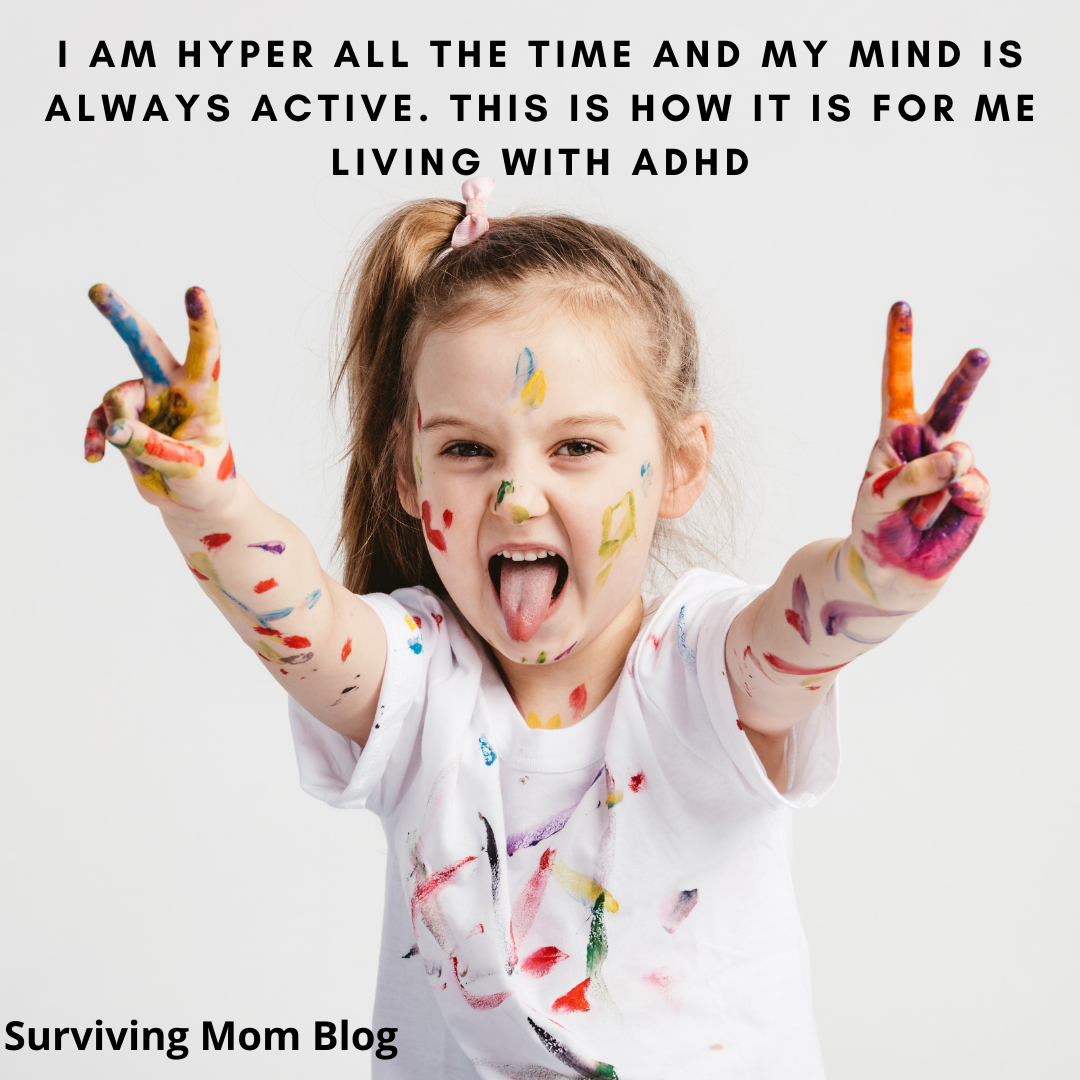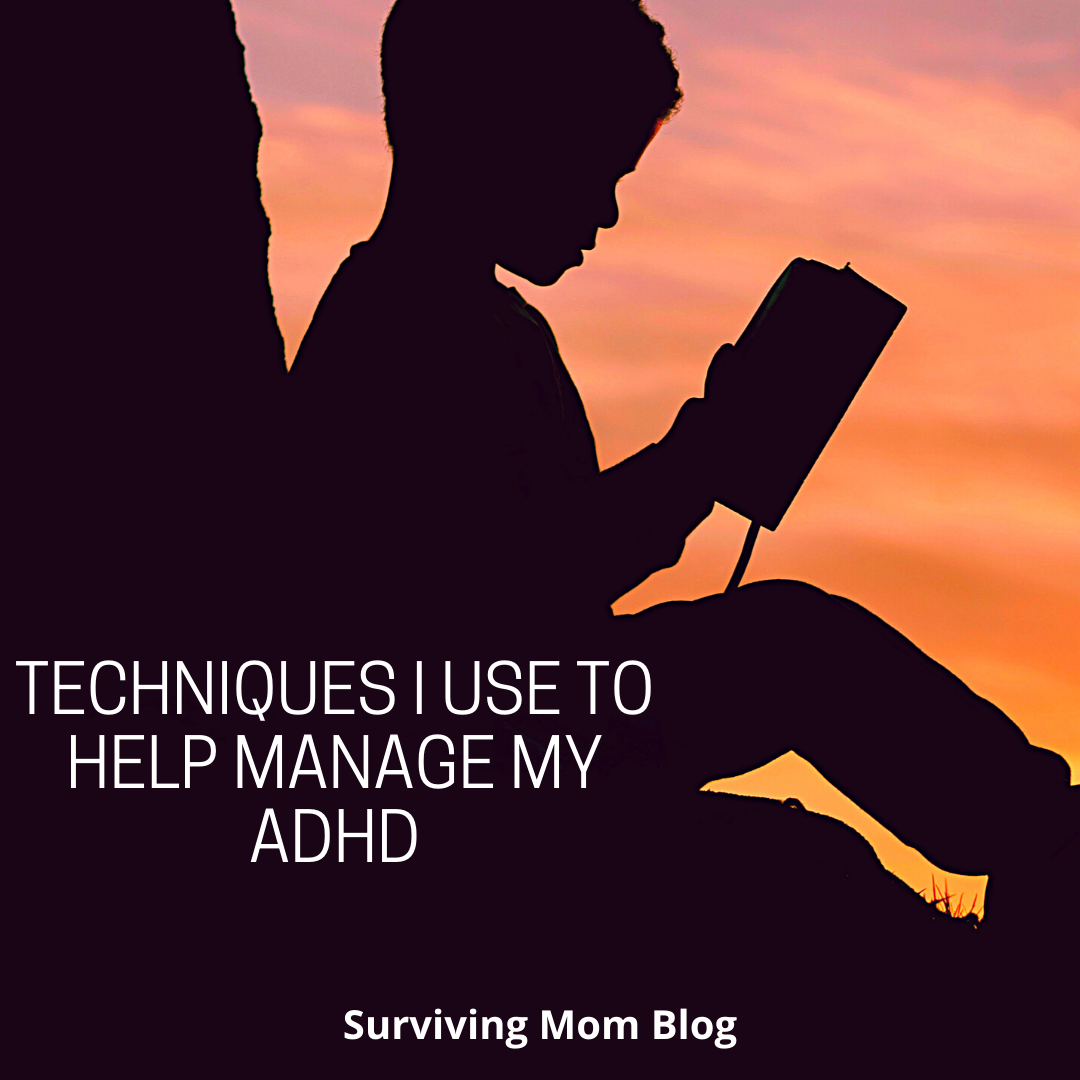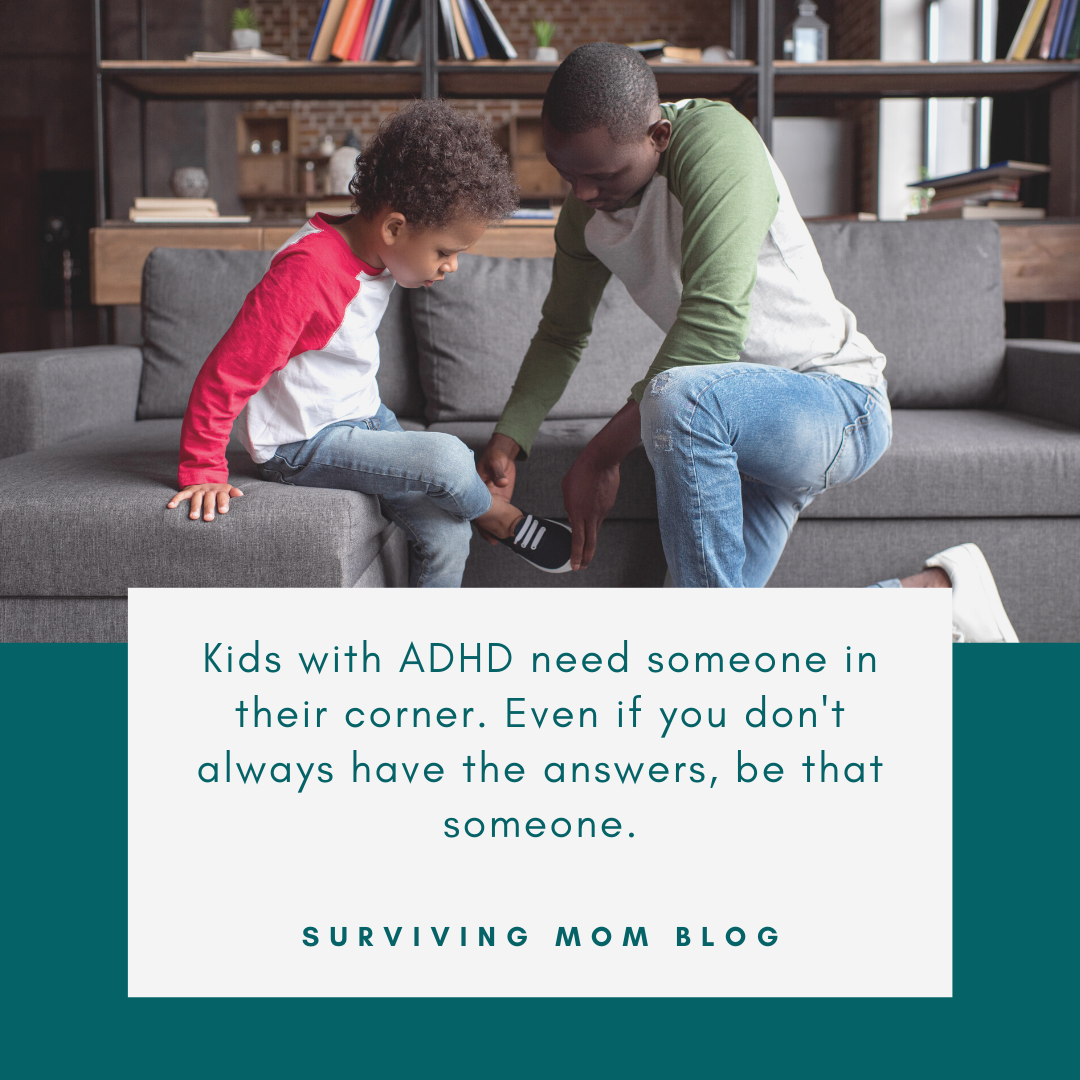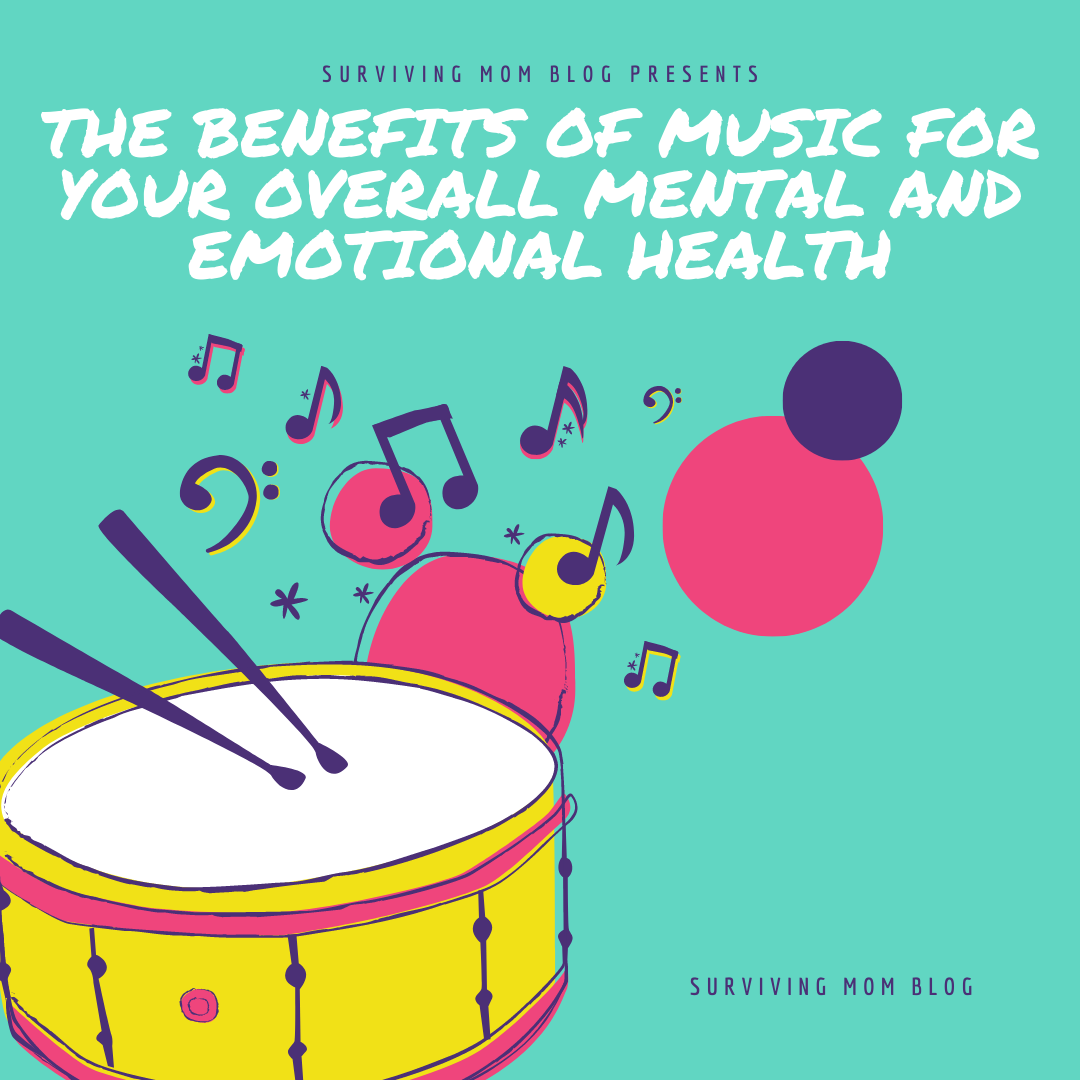
Monique Bathis is a registered music therapist, and she provided the information for this article. This post describes music therapy and how you can use music on your own to benefit your overall mental and emotional health.
WHAT ARE THE BENEFITS OF MUSIC THERAPY?
“Music therapy is a research based allied health profession in which music is intentionally used to actively support people as they aim to improve their health, functioning and wellbeing” (Australian Music Therapy Association, 2012).
Music therapy programs are tailored to meet each individual’s needs and goals across various domains such as cognitive functioning, speech and communication skills, social skills, physical functioning, emotional development, mental health, pain management, or to enhance quality of life.
To be a music therapist, an individual has to complete a certified university course in music therapy. They also must be registered through the professions association in each country (for example, the Australian Music Therapy Association in Australia). To maintain registration as a professional, music therapists must engage in ongoing professional development each year to keep up to date with current evidence in the field.
THE BENEFITS OF MUSIC THERAPY for the mental health of CHILDREN AND ADULTS OF ALL AGES
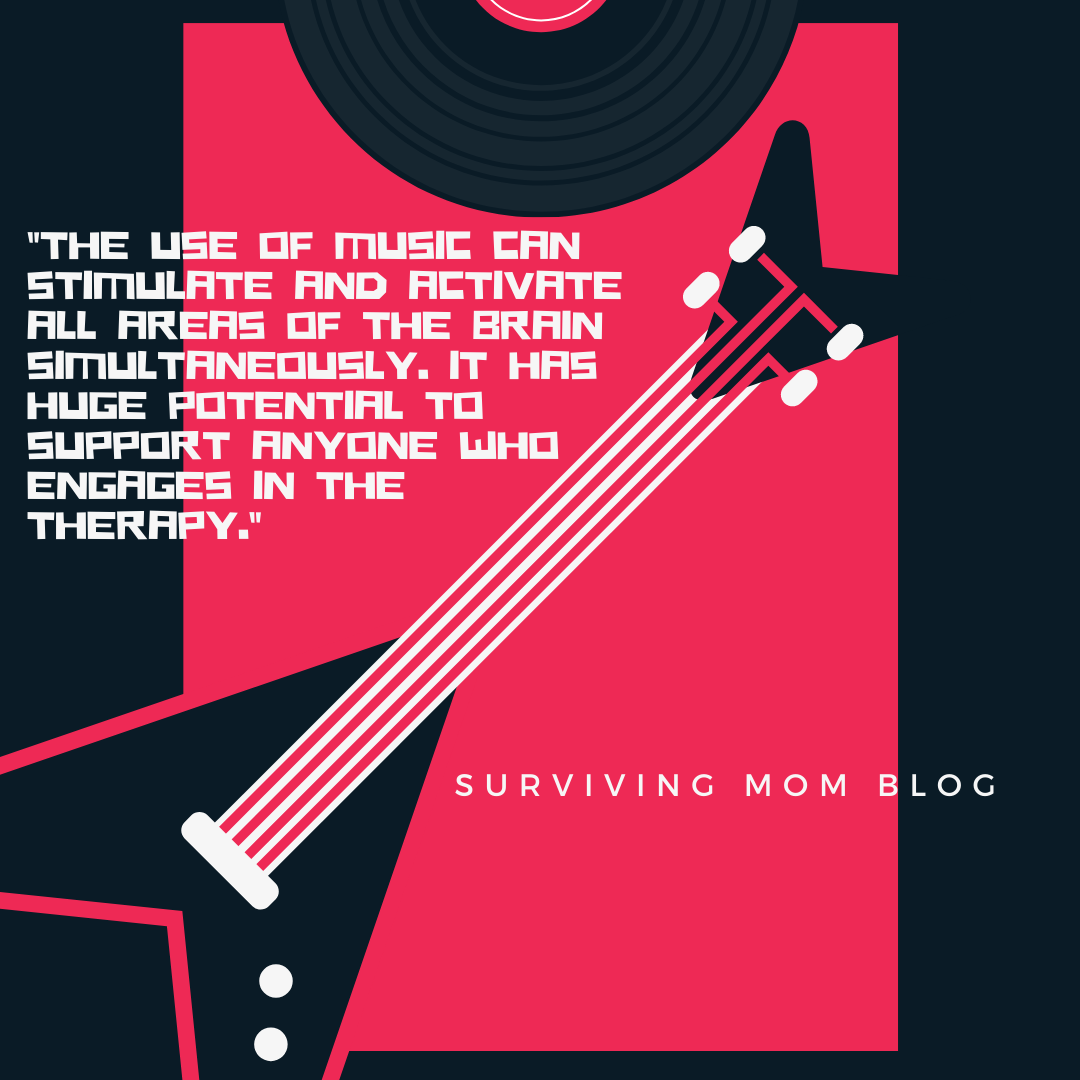
Music therapy can help support people of all ages and abilities. You do not need to have a musical background to engage in music therapy. The use of music can stimulate and activate all areas of the brain simultaneously. It has huge potential to support anyone who engages in the therapy.
Music therapy can be practices across a variety of settings such as hospitals, educational facilities, mental health facilities, nursing homes, health programs within communities, correctional facilities, and private practice.
Some specific benefits of music therapy as outlined in the research include (refer to the Australian Music Therapy Association website www.austmta.org.au for more details):
- Help manage anxiety and stress
- Improves emotional regulation
- Improve communication both verbally and non-verbally
- Improves physical speech function
- Foster self-sufficiency
- Improves relationships
- Improves gross and fine motor function and control
- Helps regulate heart rate, breathing rate and blood pressure
- Increases coordination
- Improves core executive functions
- Helps with memory and focusing
- Increases the body’s production of endorphins
- Improves recovery speed from injuries
Music therapists use a range of music therapy interventions and techniques to support the individual to reach their goals. Interventions may include:
Singing or instrumental play
This can help work on various speech/communication, cognitive, and/ or motor goals.
Songwriting
Songwriting can help support emotional development, mental health, and/or communication goals.
Listening to music either recorded or played by the music therapists
This can help support an individual’s emotional regulation and facilitate relaxation, or alternatively to boost mood and motivation.
Movement to music
Movement helps support sensory integration or physical functioning, e.g. balance or coordination.
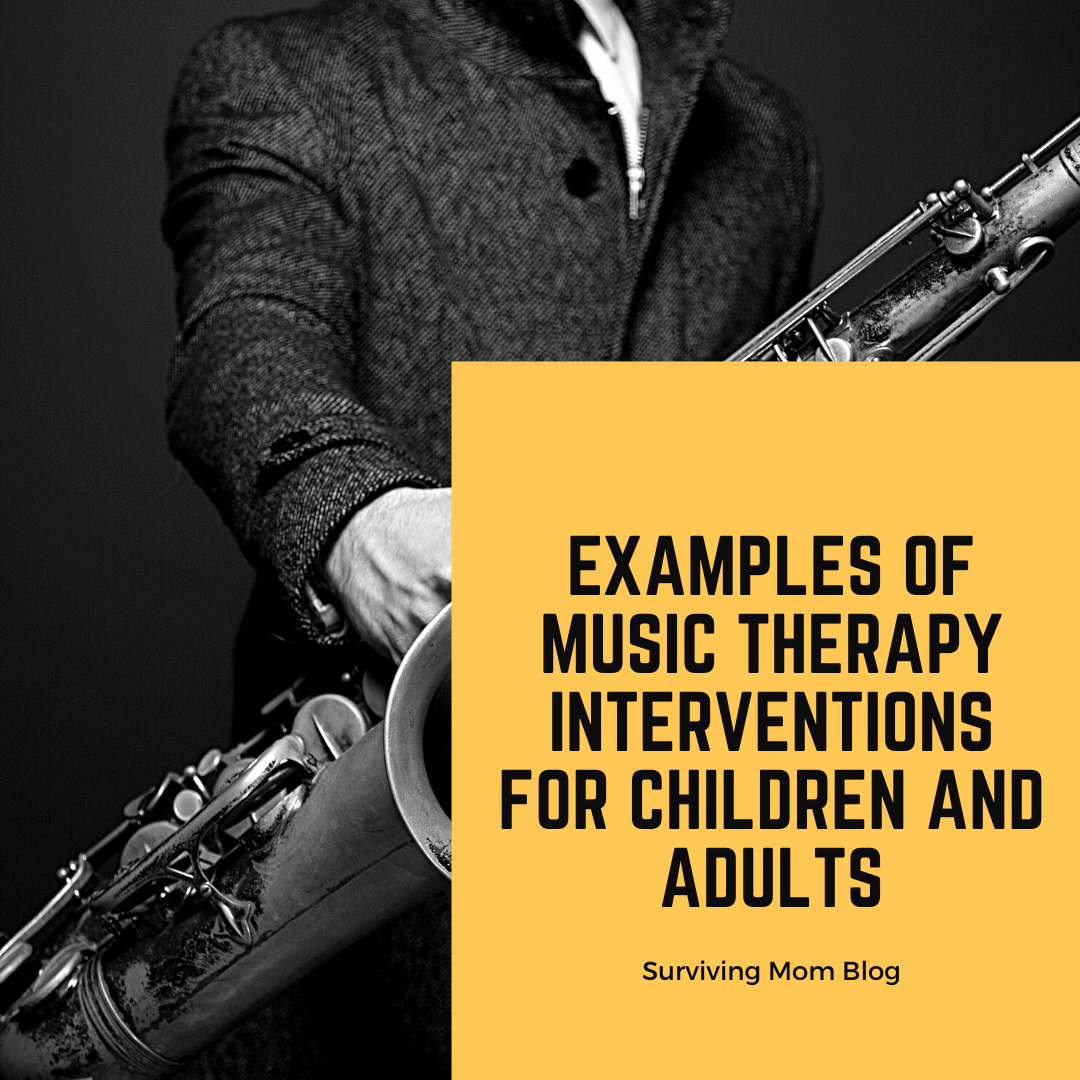
examples of music therapy interventions for children and adults
One particular strategy music therapists use with children with developmental and speech delays is called Development Speech and Language Training through Music (DSLM). The goal is to enhance and facilitate speech development for these children. For example, if the goal was to improve the child’s articulation of specific sounds, you should use or write a song that has the target sound/s within the song. The child would sing along and practice this song to learn those sounds. This could be recorded for the parent to use outside of sessions and the long term goal would be for the child to be able to say these sounds with greater clarity. Assessments take place at the commencement of music therapy programs so that progress can be tracked.
When working with children with autism, the benefits of the strategic use of music and rhythm can improve motor functioning, such as those associated with oral-motor skills or gait. Rhythm is key when working with people who have neurodevelopmental disorders. It helps because rhythm it is not only predictable (which the brains loves), but also helps to reorganize the brain and synchronize movements.
There are some interventions that are specific to people with neurological disorders such as Parkinson’s Disease, Alzheimer’s/Dementia, brain injuries and neurodevelopment disorders such as autism. To use these specific interventions (there are 22), a music therapist has had to complete their Neurological Music Therapy training.
TIPS AND STRATEGIES TO USE MUSIC ON YOUR OWN TO AID IN YOUR MENTAL AND EMOTIONAL WELLNESS
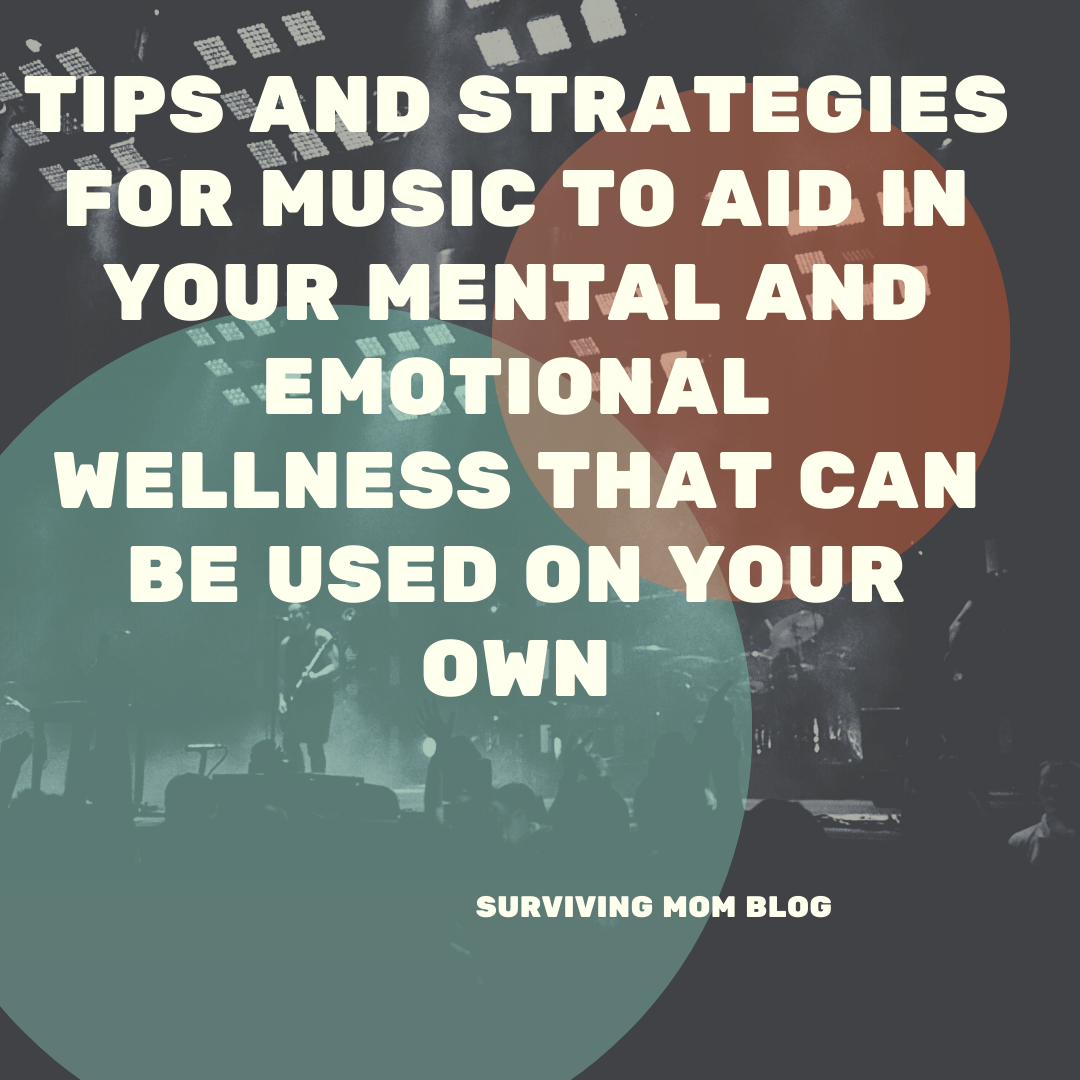
Music can be hugely beneficial when supporting infants and families. For example, singing can connect parents with their medically fragile baby. Parents can also use music to support their baby or child who may be irritable or unsettled (for example, through the use of carefully selected recorded music or using voice/singing).
Music can be adapted and tailored to be age appropriate and suit the needs of the individual. Here are some ways that you can use music in your home to support yourself and/or your family:
(1) Create relaxation playlists to use when you or your child needs to wind down or calm
Try practicing taking slow deep breaths along with your child to some calming music. This provides opportunities to learn self-regulation skills and helps your child to maintain regulation. For younger children, you can use visual props like placing their favorite toy on their tummy and watching it rise and fall as they practice slow belly breaths.
(2) Create mood booster playlists and have a dance party to release any pent up energy
Moving to music through different movements and actions like spinning, jumping, clapping, and tapping different body parts can help with motor functioning, provide sensory input that helps to regulate their nervous system, and also teaches younger kids their different body parts.
(3) Sing with or without recorded music
Singing helps to calm the nervous system and releases oxytocin (our love hormone). This helps to boost feelings of connectedness and other feel-good hormones.
(4) Play instruments or drums together while you sing along to music that has a strong beat
This can support your children’s motor development as well as sensory development. Drumming, in particular, can be incredibly beneficial to support emotional regulation. Since it is a rhythm based instrument, it provides that much needed predictability to which the brain thrives. If you don’t have any instruments, you can make your own. Rice and plastic water bottles create great shakers, and plastic tubs and wooden spoons are a fantastic drum alternative.
(5) Use music to support routines and transitions
Power struggles can occur during daily tasks (for example, brushing teeth or getting dressed), as well as during transitions (such as packing away toys, leaving the house, or bedtime). Singing songs that relate to the task or transition is a great strategy. It adds playfulness and connection in those moments and helps your child prepare for the upcoming task. This increases the chances of cooperation and aids in transitions.
(6) Play or sing songs to support learning opportunities
Music activates memory centers of the brain. Therefore, songs can help children learn various concepts such as the alphabet, numbers, colors, days of the week, seasons, timetables, etc. Songs support speech and language. It also helps it to retain and recall information with greater ease. How else would young children be able to remember 26 individual names of letters if it weren’t for the Alphabet Song?
(7) Play music to create a more positive auditory home environment
Turning off the TV/device and other unnecessary noise and replace it with music. This can help to reduce overstimulation. It can also help to reduce meltdowns and create a more calm, relaxed household for all.
(8) write your own song to aid in anxiety
Songwriting is beneficial as a way for an adult or child to express themselves in a creative way. It also is helpful to put thoughts and feelings into song format.
Music is a great tool to use at home in various ways; however, only a board-certified music therapist provides music therapy. When seeking out a music therapist, it is crucial to find one with whom you feel a connection.
To get more information about music therapy, or to get in touch with Monique, you can contact her via social media as well as email:
Instagram – moniquebathis.rmt
Facebook – www.facebook.com/moniquebathis.rmt
Email – evolvewithmusictherapy@gmail.com
There are many benefits of music. I hope this article inspires each of you to incorporate music into your lives in different ways!
